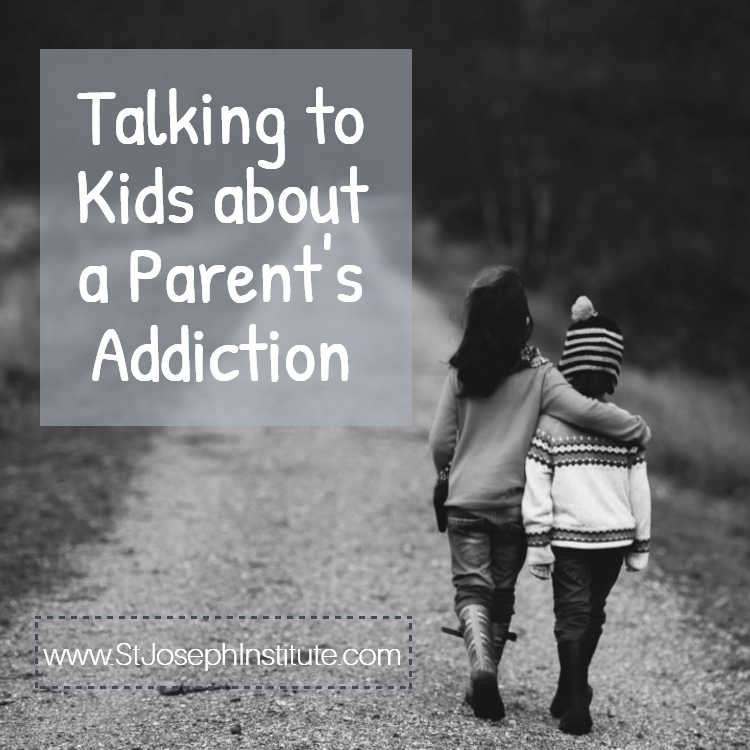What do we tell our Children?
When discussing the complex topic of addiction with children, it is imperative that we approach the subject with both honesty and sensitivity. Even at a young age, children possess a remarkable capacity for understanding more than we might expect. They often grasp concepts through their inherent curiosity and ability to empathize. So, how do we explain addiction to them in a way that is both appropriate and informative?
Firstly, it's important to affirm that kids are indeed incredibly intuitive and can often sense when something is amiss. Their observational skills should not be underestimated; they notice changes in behavior, mood, and routine. Therefore, shrouding the topic of addiction in secrecy is less effective than an honest conversation because kids likely already know that something is going on.
A convincing approach to explaining addiction to children involves drawing parallels to things within their realm of understanding. One could explain that sometimes people start using a substance or engaging in a behavior because it makes them feel good at first, much like enjoying candy or a favorite activity. However, over time, just as eating too much candy can make your stomach hurt, these substances or behaviors can become a problem—making people feel like they can't stop even if it's causing harm.
This explanation normalizes the starting point of addiction as stemming from an understandable pursuit of happiness while illustrating the consequences of excess and loss of control, concepts that children can relate to—such as the importance of moderation in all things enjoyable.
Moreover, by framing the issue with compassion and without judgment, we teach kids an invaluable lesson in empathy. This shapes their understanding that individuals who struggle with addiction are not bad people but rather individuals who need support to overcome their challenges—much like someone who has fallen ill and needs help to get better.
Children comprehend more than they are often credited for—they deserve our faith in their abilities to understand complex issues like addiction when explained thoughtfully. Open communication fortified by respect for their intelligence builds trust and fosters a supportive environment where children learn to engage with serious topics constructively.
By maintaining a candid dialogue about addiction, couched in terms they can understand and relate to, we empower our children—not only with knowledge but also with emotional intelligence and compassion towards those who struggle with these very real issues.
I really like the following......
"Imagine you have a big, super sticky blob of honey on your hand. If you touch it and try to pull away, your hand just stretches and gets stuck even more, right? Well, for some people, taking drugs is like getting their brain stuck in that super sticky honey. They want to pull away, but the honey holds on really tight.
Just like washing your hands to get rid of the sticky honey takes time and a lot of soap and water, people who are addicted need lots of help and time to stop using drugs. Their brains are like "Wow, this feels good!" when they take the drug, and it keeps asking for more, because it remembers that good feeling just like you remember how yummy candy tastes.
And if they try to stop, their brains and bodies might feel really sick or strange, kind of like how you feel when you're super hungry for your favorite snack but can't have any. That's why they can't just say "bye-bye" to the drugs so easily, because their bodies are tricking them into thinking they need the drug to feel normal again.
That's why they need doctors and family and friends to help them clean up the stickiness slowly, with lots of care and love, just like when mommy or daddy helps you wash your hands until there's no more honey left." -Belle-







No comments:
Post a Comment